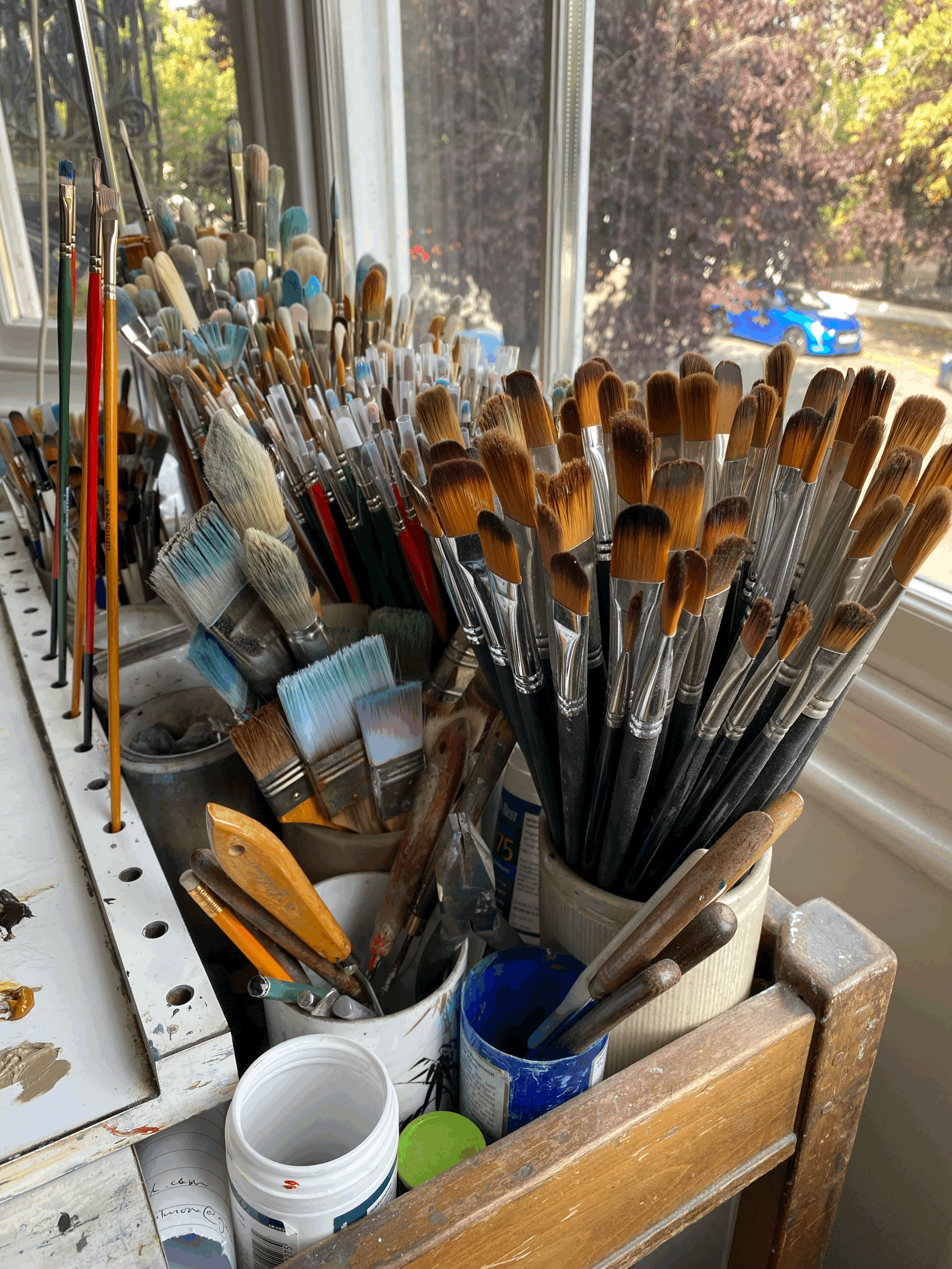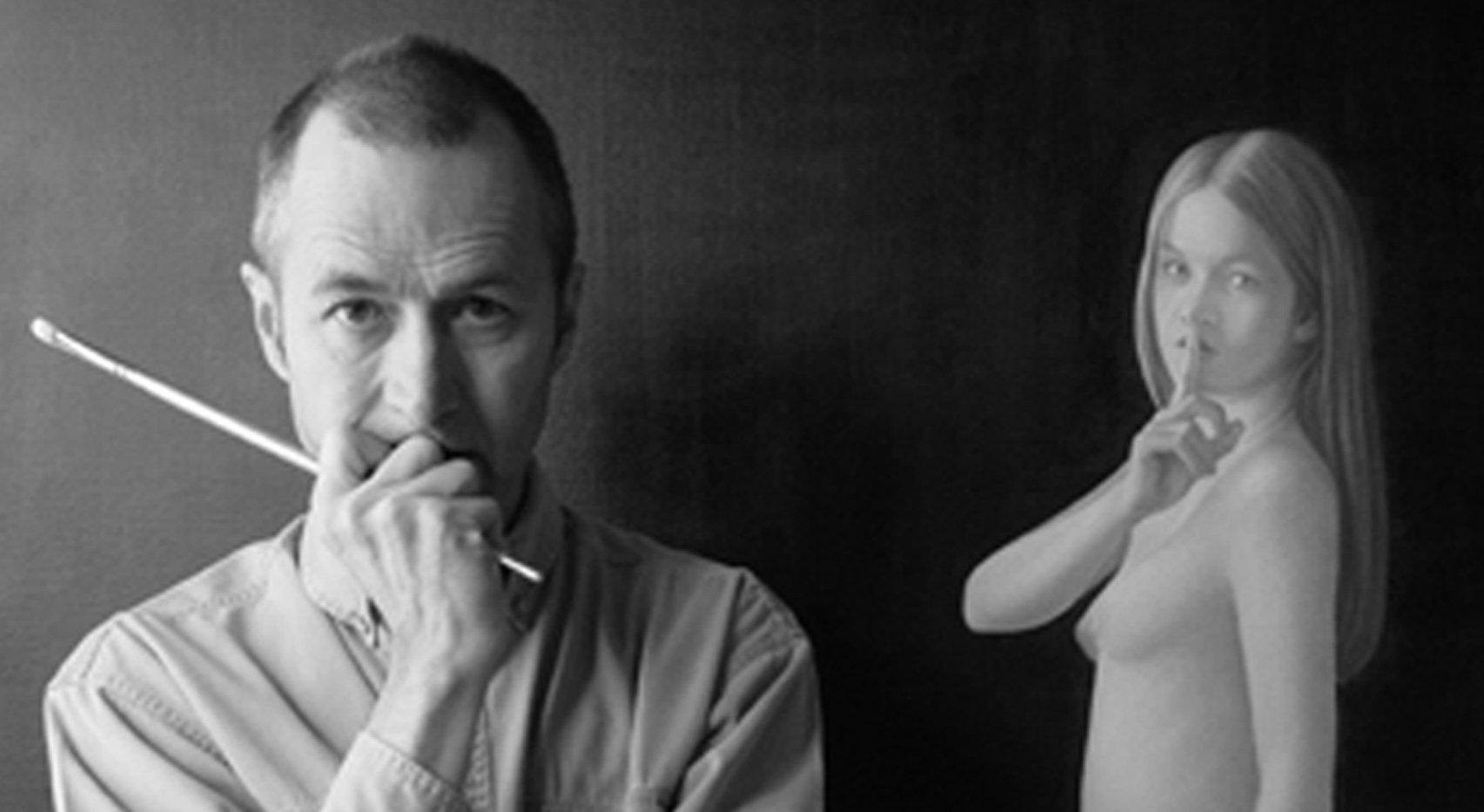Rants and other scribblings
“I don’t know what art is - but I know what I like”I have always believed that art is for everyone and that potentially everyone can be an artist. Sadly, for whatever reason, many people think, or feel, that art isn’t for them. It is distressing to me to find that major galleries and museums, who create wonderful opportunities for us all to experience visual art, are often inadvertently reinforcing the the view that art is for the elite, the cognoscenti.
Firstly, the sheer extent of the written introduction when initially entering an exhibition, and subsequently the extensive information accompanying each work of art can be both intimidating and patronising to the 'would be' art lover.
Secondly (and more infuriatingly for me) the curatorial captioning and audio description often goes way beyond the known facts and tells the viewer what they should see. This is may be well informed, but it can only be an opinion. Having read this interpretation it isn’t possible to un-learn it, thereby denying the viewer the opportunity to discover for themselves their own response without the mediation of 'expert' opinion. On seeing an artwork for the first time, the inference that there is an authoritative explanation may undermine the confidence of the viewer in their own judgement and, more importantly, deny them the opportunity to use their creative imagination. This suggests that their own interpretation isn’t valid - that only the experts (the elite) have the knowledge to understand.
I would argue that when confronted with any artwork for the first time it is the only opportunity to flex your own creative imagination without external influences colouring your response. The much maligned trope “that I don’t know what art is but I know what I like” is empowering for anyone who has the confidence to venture in to the hallowed precincts of a gallery. If their attention is sufficiently 'grabbed’ by the artwork they may want to find out more. Then the curatorial opinion can then be very informative and increase their appreciation of the artwork.
Quite apart from the above and most importantly, there is the false assumption on the part of the ‘experts’ that the artist knew what they were doing. For myself - I never know, but I hope by doing it to perhaps find out. As far as I am concerned, if I knew what I was doing - what the outcome is going to be be, I shouldn’t be doing it.

On Art education
My reservation about the contemporary art world stems from what I see at the present time, which appears to me to be so cerebral that its visual qualities have become secondary...

Hidden in plain view
I think it was Mark Twain who said on hearing a new piece of classical music “I am sure it is a lot better than it sounds”. This resonates with my response to some contemporary art.

